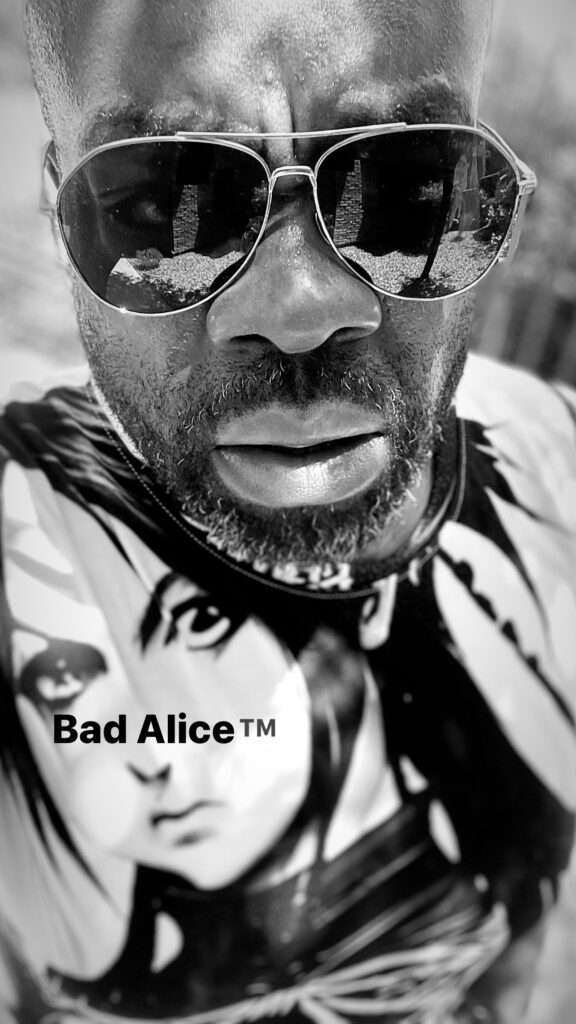The Paradox of Honesty: Society’s Contradictory Relationship with Truth
In today’s age of information overflow, there is an unspoken yet prevalent dilemma: society’s conflicting stance on honesty. On the one hand, we are vocal about demanding transparency and truth in all sectors of life. Yet, on the other hand, there are countless examples of individuals facing backlash when they stand up and voice out honest, albeit uncomfortable, truths. This raises a pivotal question: Why do we, as a society, proclaim to value the truth but frequently punish those who are candid with us?
The Psychological Basis of Truth Avoidance
Humans, by nature, are driven to avoid discomfort. This extends beyond just physical discomfort to emotional and cognitive domains. Research published in the Journal of Experimental Psychology (2019) highlighted a significant trend among individuals to prefer comforting lies over unsettling truths. This can be attributed to the psychological phenomenon known as cognitive dissonance, where conflicting beliefs and actions lead to internal discomfort.
For instance, when faced with an unsettling truth about ourselves, the cognitive dissonance might manifest as a denial or a tendency to shoot the messenger – not because the information is incorrect, but because it challenges our self-perception.
The Societal Implications
This aversion to unpleasant truths has broader societal implications. First and foremost, it stifles genuine communication. When individuals feel that they will be penalized for being candid, they resort to self-censorship, which in turn breeds a culture of superficiality and deception.
Furthermore, by pushing back against honesty, we hamper personal and societal growth. Challenges, criticisms, and opposing viewpoints, when presented truthfully, can be the catalysts for evolution and improvement. By shutting these down, we limit our potential for progress.
The Impact on Mental Well-being
From a psychological perspective, the ramifications of this truth paradox on individual well-being are profound. For one, constantly aligning one’s actions and words with what is socially acceptable, rather than what is true, leads to emotional exhaustion and can even contribute to mental health issues like anxiety and depression.
Moreover, in relationships both personal or professional, the lack of a safe space for candid communication affects trust. If people are afraid to speak their truths, fearing backlash, it erodes the foundation of trust upon which healthy relationships are built.
The Way Forward
If society truly cherishes the concept of truth, then a seismic shift in our collective approach towards honesty is imperative. This starts with creating environments, both online and offline, where honesty is not only tolerated but celebrated. It’s about recognizing that growth often comes from discomfort, and by facing our truths head-on, we pave the way for a more genuine, transparent, and progressive society.
It’s time we not just talk about valuing truth but truly embody it in our reactions, actions, and societal structures. Only then can we hope to bridge the widening gap between proclaimed values and real-world behaviors, fostering a culture where truth and honesty reign supreme.

